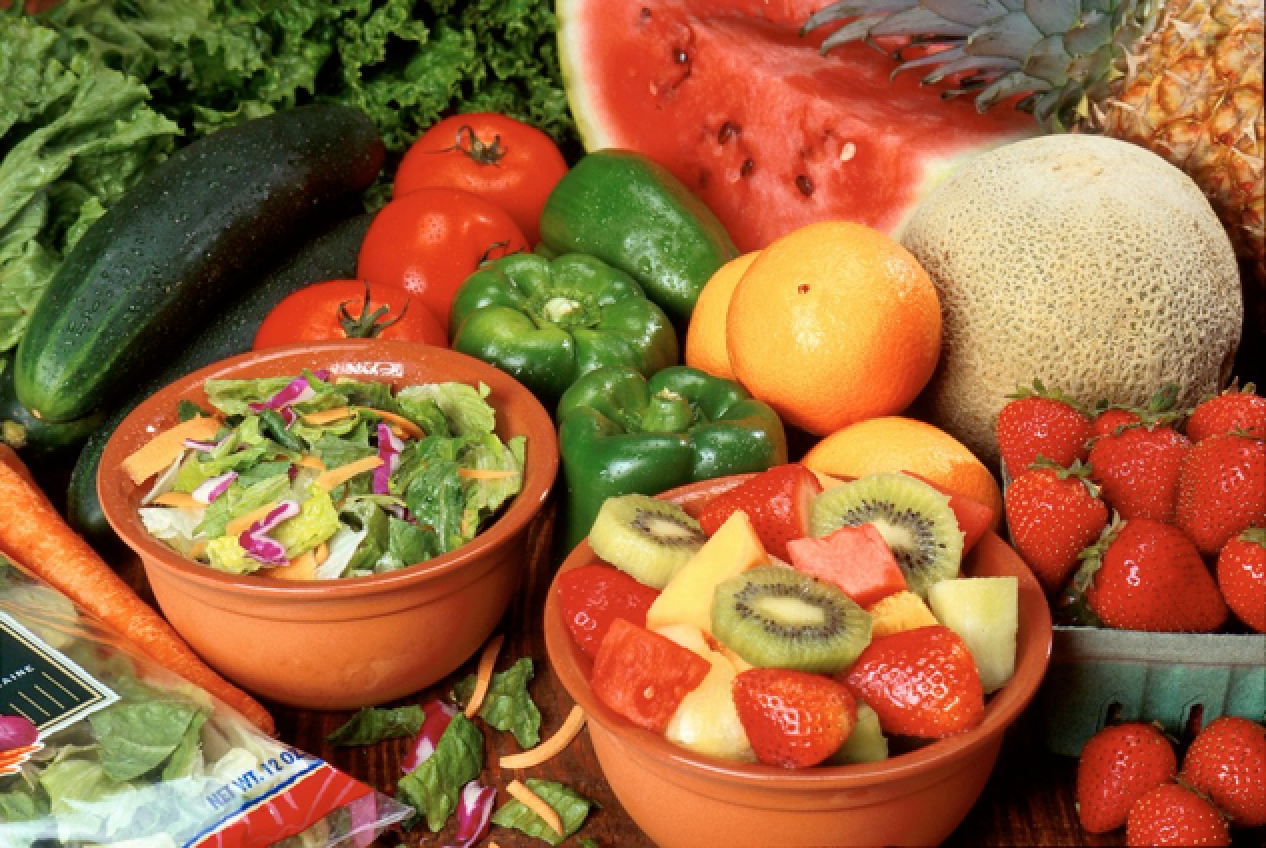written by Bob Gorman
From the days of searching for the fountain of youth to modern-day cosmetic surgery, people have always put a lot of effort into staying young. One of the most important and often overlooked keys to a long and disease-free life is a proper diet. Eating healthy foods that are abundant in nutrients can actually reverse aging from the inside out.
Long-term lifestyle changes are needed to truly see the positive effects of healthy eating, and this can sometimes be overwhelming for those just starting out. Setting clear goals and following these simple steps will help you to succeed. When you are ready to get started, these five easy changes to your diet will help you to feel better and live longer.
Fish and Shellfish
Adding fatty cold-water fish like salmon, herring, and trout to your diet can be beneficial. These fish are high in Omega 3 fats which help to protect against heart disease, blood clotting, inflammation, and some forms of cancer. There is also new evidence that DHA and EPA found in fish oil may support brain health, providing a defence against depression and age-related memory issues. If you’re not a fish eater, you are in luck. Spinach, walnuts, and ground flaxseed all provide similar benefits.
Image credit: womansera via Creative Commons
Superfoods
Healthy, vitamin-packed superfoods include red wine, dark chocolate, fruits, vegetables, garlic, and nuts. The polyphenols contained in dark chocolate are believed to lower blood pressure and improve the flexibility of blood cells. LDL cholesterol can be lowered by both nuts and garlic, and although nuts are high in fat it is mostly unsaturated fat which is heart-healthy.
Fruits and vegetables are extremely nutrient dense and contain antioxidants which help to protect the brain against memory loss and dementia and also counteract damage from free radicals, pollution, environmental toxins, and even stress.
Studies have shown that moderate consumption of red wine may slow age-related cardiovascular problems. According to the Mayo Clinic the resveratrol and alcohol in wine helps to increase the body’s HDL (good) cholesterol, reduces the formation of blood clots, and helps prevent artery damage caused by high levels of LDL (bad) cholesterol. Moderate consumption is defined as no more than one glass per day for women and two for men. Resveratrol is also found in grapes, blueberries, cranberries, and peanuts.
Reduce Calorie Intake
Eating empty-calorie foods that are fatty, salty, or full of sugar can lead to obesity, high blood pressure, and diabetes. Eliminating junk food from your diet and maintaining a healthy weight are critical steps for living a long and healthy life. Even people who are at a healthy weight can benefit from reducing calorie intake. The key is not necessarily in reducing the amount of food that you eat, but making sure that your food choices are as nutrient-dense as possible. When consistently eating a healthy diet based on plants and superfoods, the average person will find themselves full and satisfied with about 1400 to 1500 calories a day.
Eat Several Small Meals a Day
Eating five to six small meals a day helps to control blood sugar and increases your baseline metabolic rate (BMR) which helps the body to burn calories. This change may also result in a decreased appetite and higher energy levels.
Reduce Meat and Dairy Consumption
A 2012 study found that eating red meat, which is high in saturated fat and cholesterol, is likely to shorten your lifespan. Substituting one serving of meat a day with fish, poultry, nuts or legumes will help you to avoid the negative health effects.
Another study showed that high consumption of milk was linked to bone fractures and higher mortality. It can also cause inflammation and digestive issues. Almond or soy milk make great substitutes, and calcium can be found in green leafy vegetables such as kale and spinach, broccoli, and some types of beans.
Once you’ve reached a healthy weight and made eating well a way-of-life, the increased energy you will feel will open you up to a whole new world of activities. You may find that you are no longer too tired to play with your children or that you suddenly aren’t exhausted at the thought of taking up a new hobby or joining that class at the gym. You will have just given yourself the gift of a whole new life. What will you do with it?



